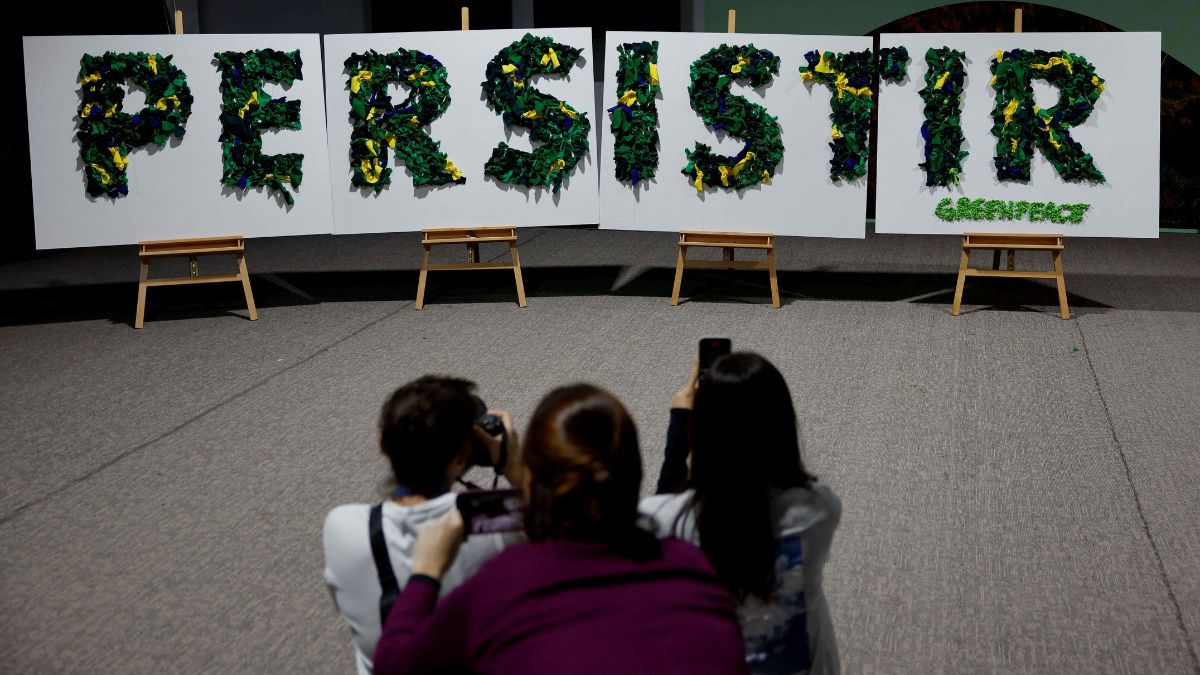The International Court of Justice has ruled that countries can sue each other for damages caused by climate change, including over historic emissions of planet-warming gases.
While the ruling is seen as a victory for countries that are vulnerable to climate change, the ICG judge in the Hague, Netherlands, said that the process of pinpointing which country was behind climate change would be cumbersome.
Campaigners and climate lawyers hope the landmark decision will open the door to compensation from countries with a long history of fossil fuel use, which they argue are most responsible for driving global warming.
It remains unclear how much a single country might be required to pay in damages if any claims are successful. However, a previous analysis published in Nature estimated that climate change caused $2.8 trillion in losses between 2000 and 2019, equivalent to $16 million per hour.
The case was introduced in the court by a group of young law students from low-lying Pacific islands, who have borne the brunt of climate change for a long time.
“Failure of a state to take appropriate action to protect the climate system … may constitute an internationally wrongful act,” court President Yuji Iwasawa said during the hearing. He called the climate crisis “an existential problem of planetary proportions that imperils all forms of life and the very health of our planet.”
The non-binding opinion, backed unanimously by the court’s 15 judges, was hailed as a turning point in international climate law.
While the court’s opinion is merely advisory, previous ICJ decisions and rulings have been applied in real-world scenarios like when the UK agreed to hand back the Chagos Islands to Mauritius last year.
Impact Shorts
More ShortsICJ’s statements have been dubbed a “watershed moment” by environmental activists and lawyers. Joie Chowdhury, Senior Attorney at the Centre for International Environmental Law, said, “The ruling is a watershed legal moment. With today’s authoritative historic ruling, the International Court of Justice has broken with business-as-usual and delivered a historic affirmation: those suffering the impacts of climate devastation have a right to remedy for climate harm, including through compensation.”
With inputs from agencies
)